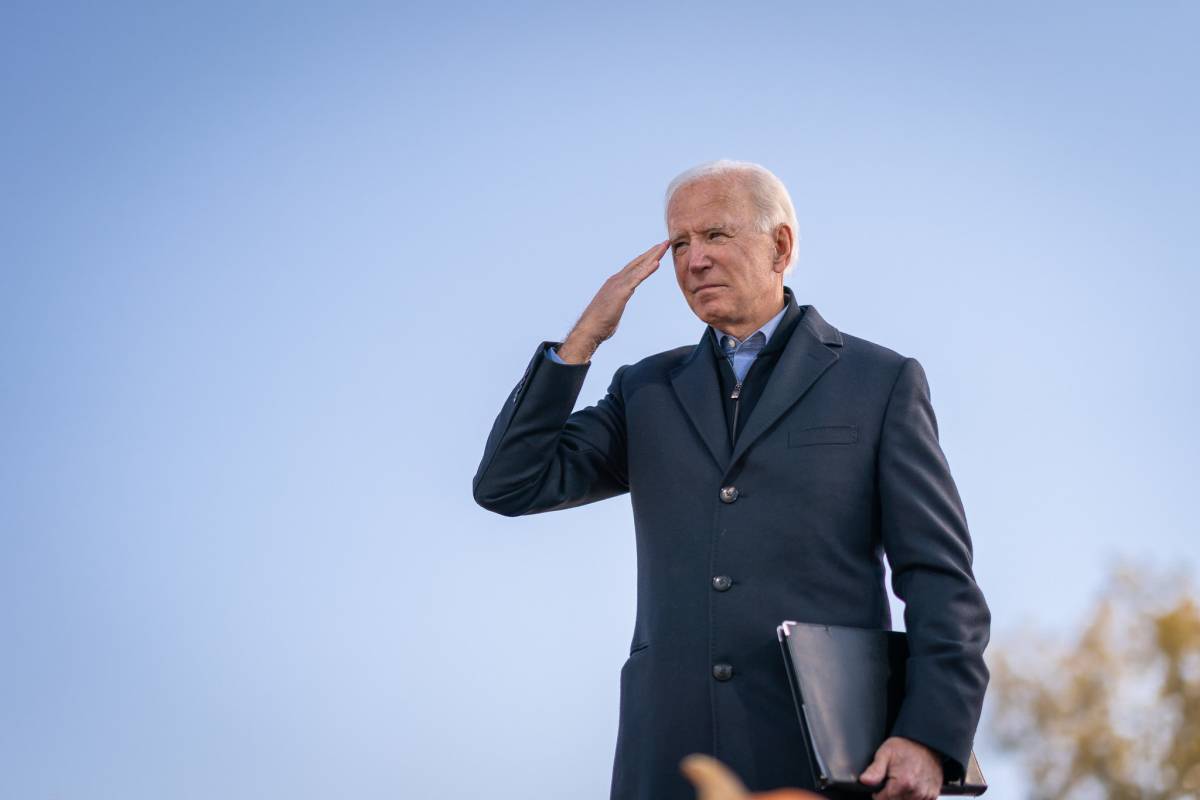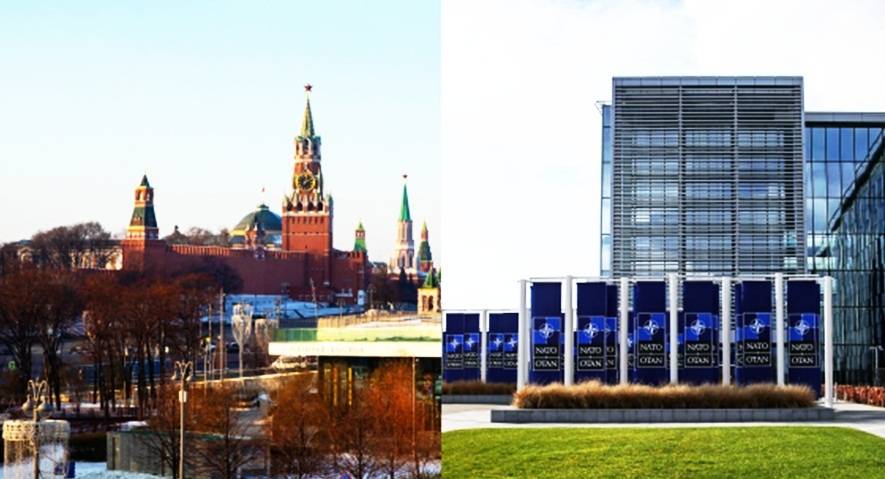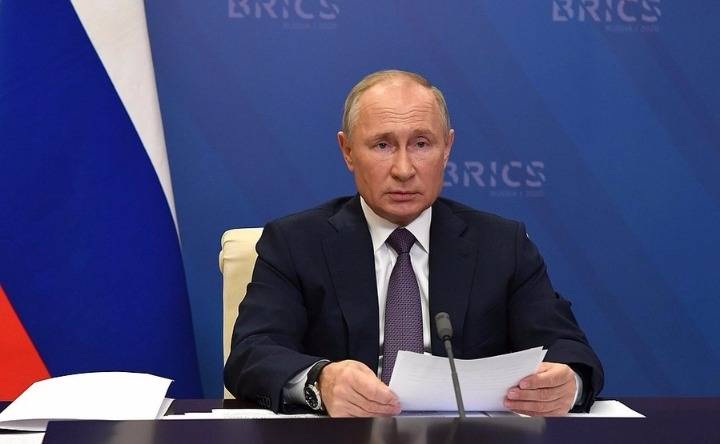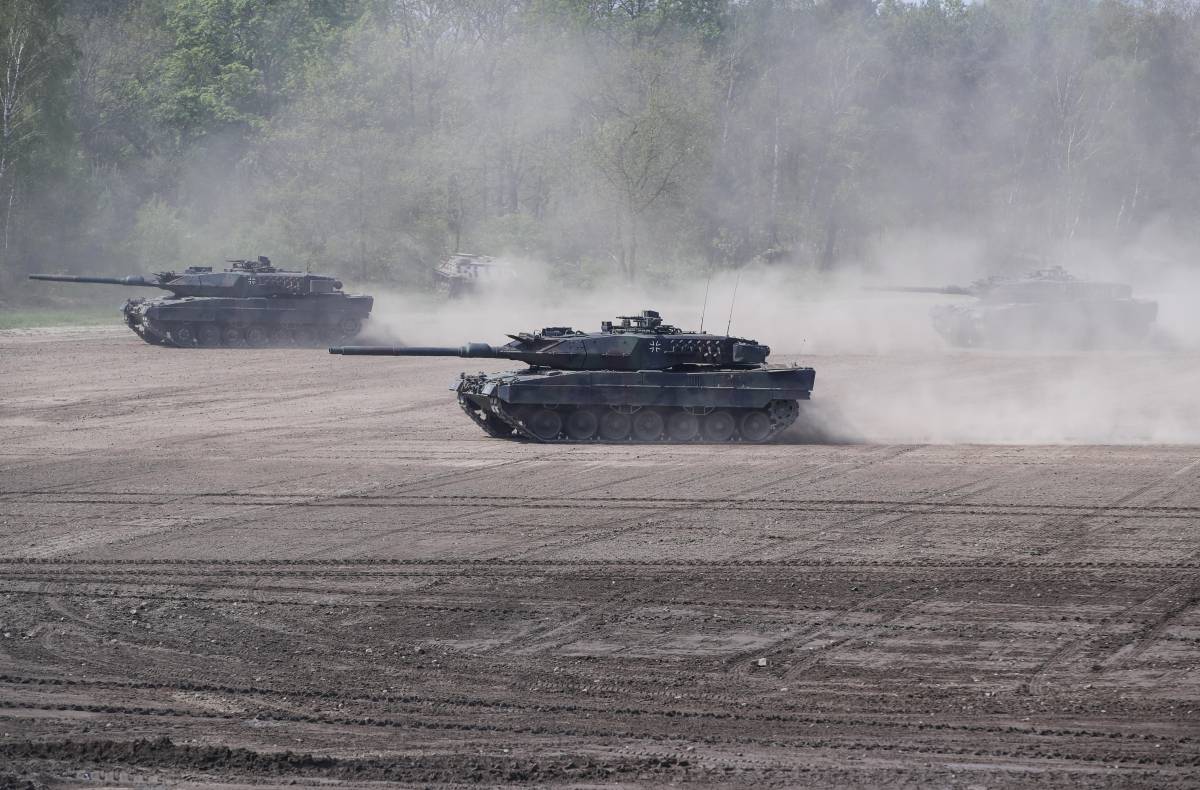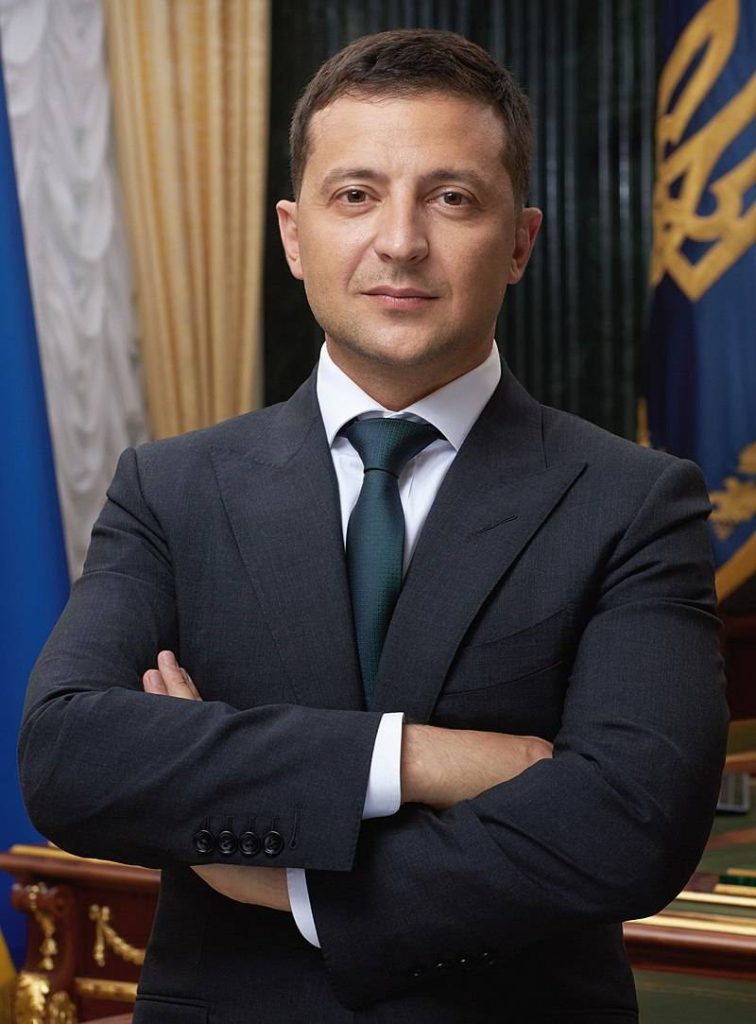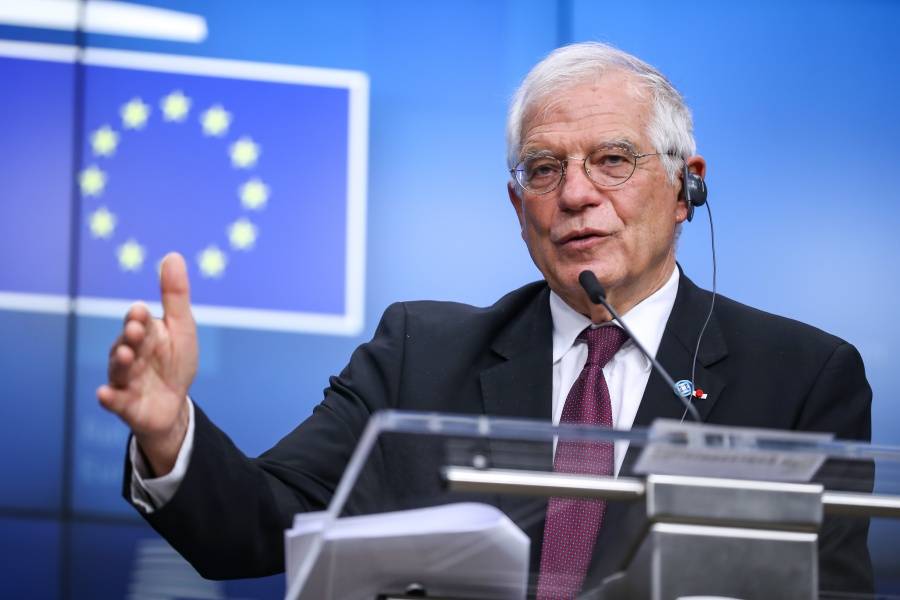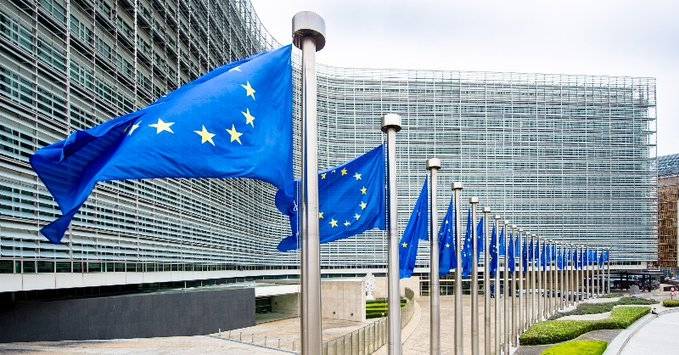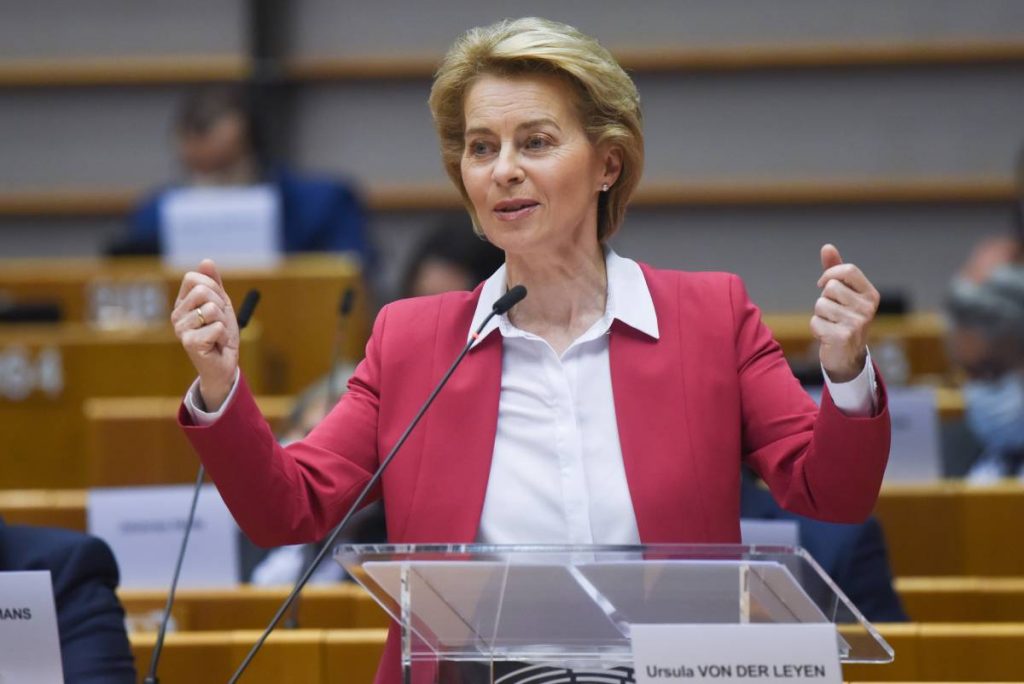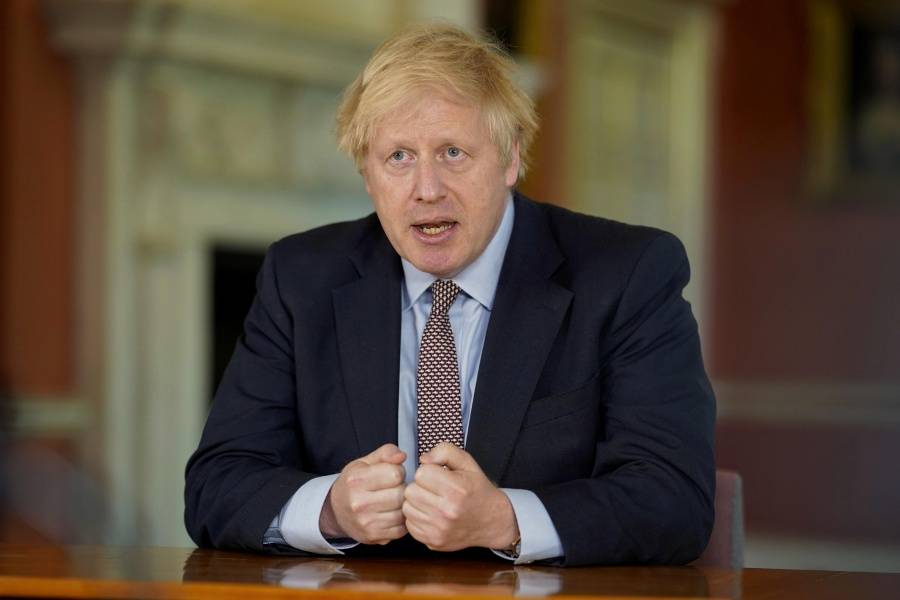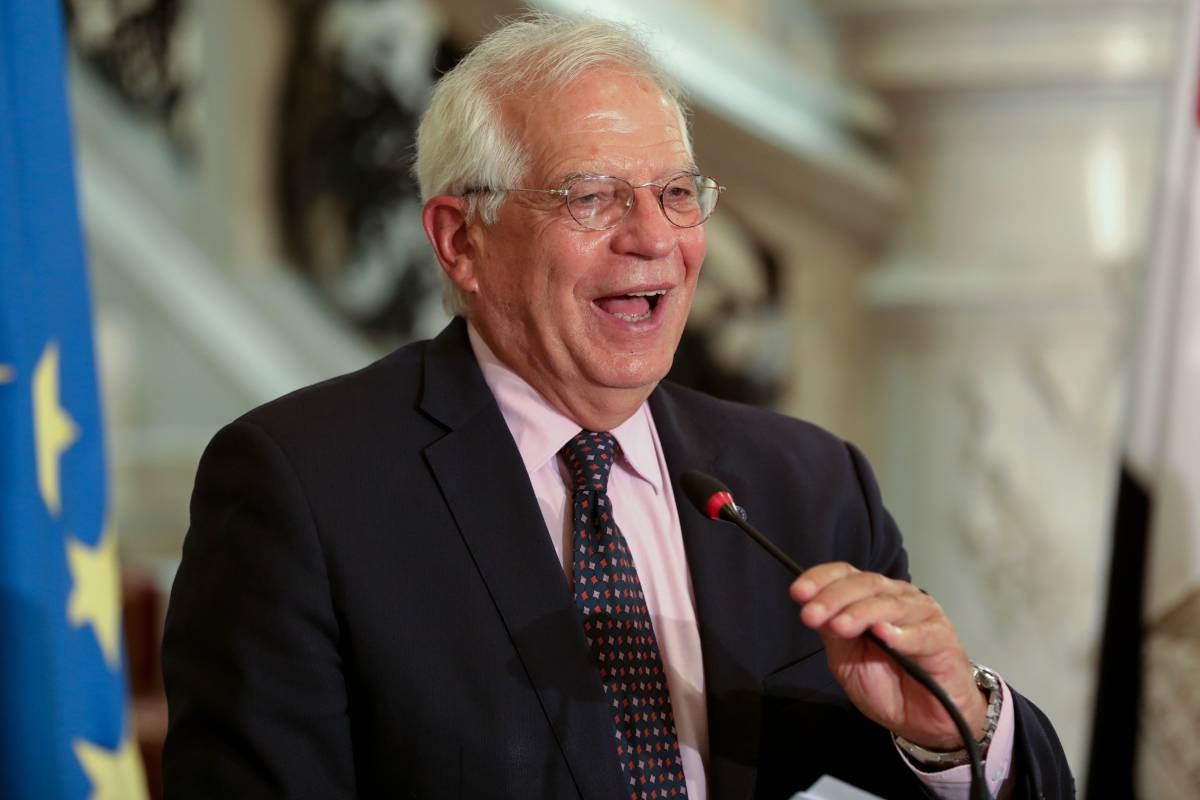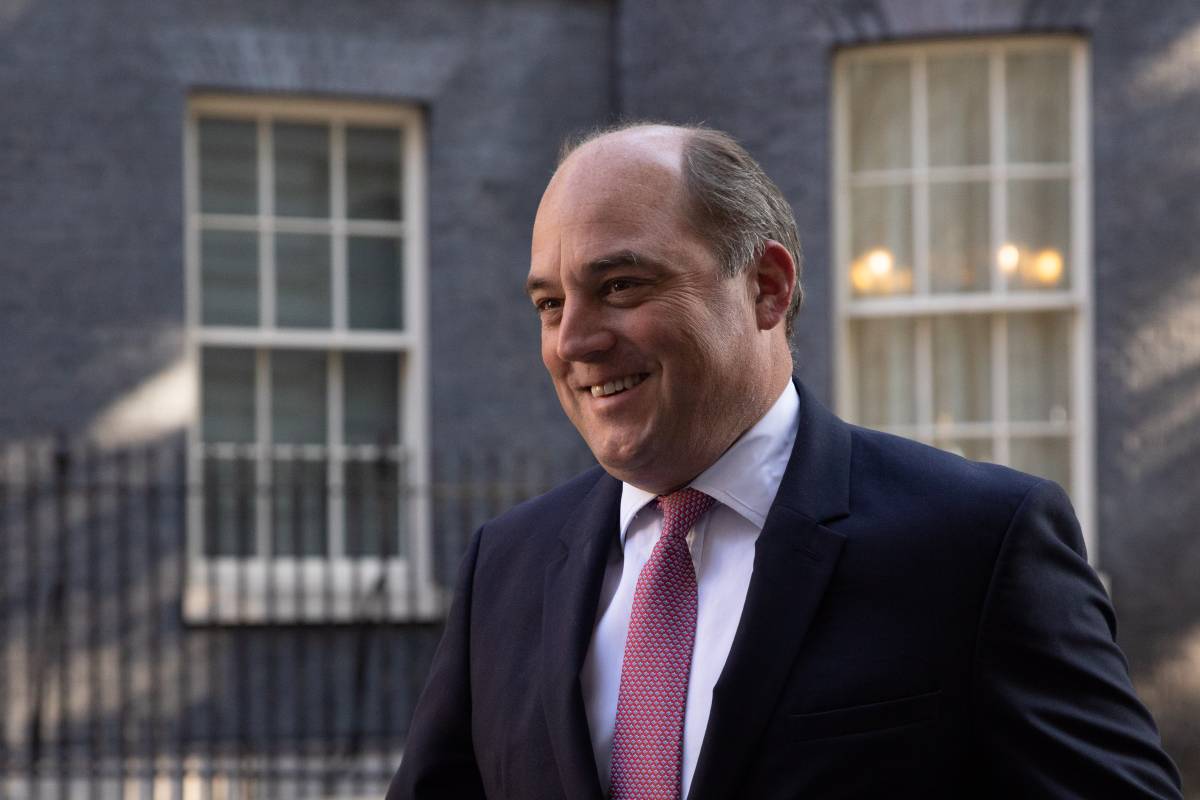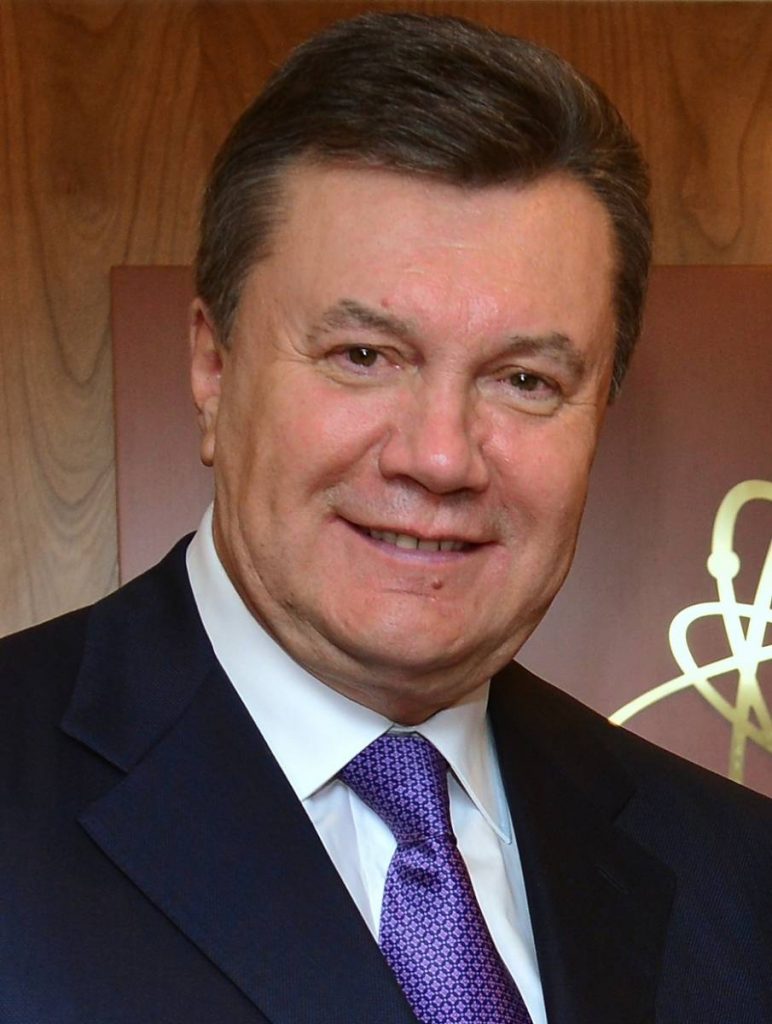The United States and Ukraine accuse Russia of preparing to invade. Meanwhile, Moscow denies the claims and maintains that it has no intention of attacking any country, reports Asian Lite News
The United States would welcome India’s role in de-escalating the mounting tensions between Russia and Ukraine, a White House spokesperson said on Tuesday.
“We certainly welcome any efforts to de-escalate and we are in touch with a range of allies and partners on this, but I don’t have any specific conversations to read out that relate to Indian officials,” White House spokesperson Jen Psaki a press briefing.
This comes as Ukraine received a new package of military assistance from the United States that includes modern equipment and ammunition.
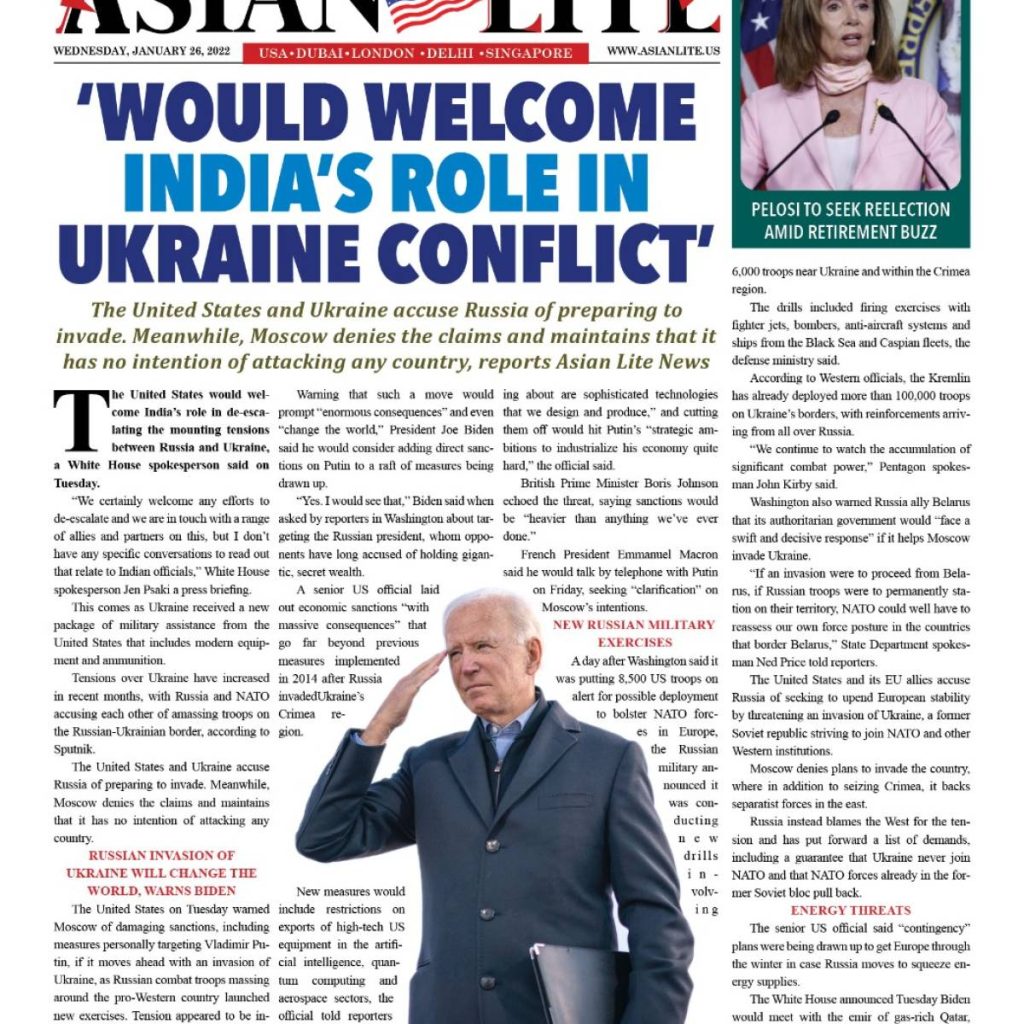
Tensions over Ukraine have increased in recent months, with Russia and NATO accusing each other of amassing troops on the Russian-Ukrainian border, according to Sputnik.
The United States and Ukraine accuse Russia of preparing to invade. Meanwhile, Moscow denies the claims and maintains that it has no intention of attacking any country.
Russian invasion of Ukraine will change the world, warns Biden
The United States on Tuesday warned Moscow of damaging sanctions, including measures personally targeting Vladimir Putin, if it moves ahead with an invasion of Ukraine, as Russian combat troops massing around the pro-Western country launched new exercises.
Tension appeared to be increasing, with the White House saying the risk of a Russian invasion of Ukraine “remains imminent.”
Warning that such a move would prompt “enormous consequences” and even “change the world,” President Joe Biden said he would consider adding direct sanctions on Putin to a raft of measures being drawn up.
“Yes. I would see that,” Biden said when asked by reporters in Washington about targeting the Russian president, whom opponents have long accused of holding gigantic, secret wealth.
A senior US official laid out economic sanctions “with massive consequences” that go far beyond previous measures implemented in 2014 after Russia invaded Ukraine’s Crimea region.
New measures would include restrictions on exports of high-tech US equipment in the artificial intelligence, quantum computing and aerospace sectors, the official told reporters on condition of anonymity.
“What we’re talking about are sophisticated technologies that we design and produce,” and cutting them off would hit Putin’s “strategic ambitions to industrialize his economy quite hard,” the official said.
British Prime Minister Boris Johnson echoed the threat, saying sanctions would be “heavier than anything we’ve ever done.”
French President Emmanuel Macron said he would talk by telephone with Putin on Friday, seeking “clarification” on Moscow’s intentions.
New Russian military exercises
A day after Washington said it was putting 8,500 US troops on alert for possible deployment to bolster NATO forces in Europe, the Russian military announced it was conducting new drills involving 6,000 troops near Ukraine and within the Crimea region.
The drills included firing exercises with fighter jets, bombers, anti-aircraft systems and ships from the Black Sea and Caspian fleets, the defense ministry said.
According to Western officials, the Kremlin has already deployed more than 100,000 troops on Ukraine’s borders, with reinforcements arriving from all over Russia.
“We continue to watch the accumulation of significant combat power,” Pentagon spokesman John Kirby said.
Washington also warned Russia ally Belarus that its authoritarian government would “face a swift and decisive response” if it helps Moscow invade Ukraine.
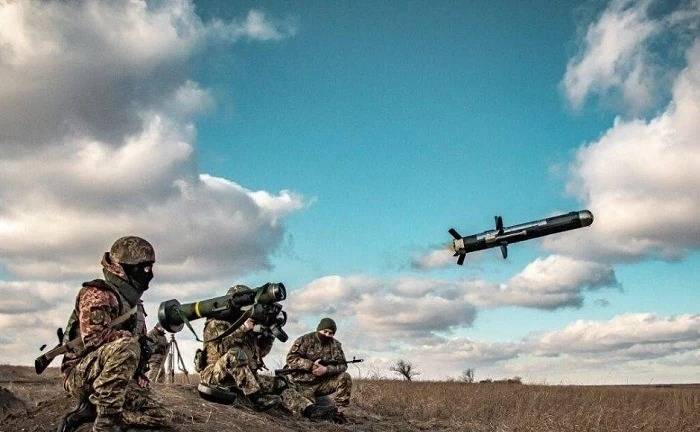
“If an invasion were to proceed from Belarus, if Russian troops were to permanently station on their territory, NATO could well have to reassess our own force posture in the countries that border Belarus,” State Department spokesman Ned Price told reporters.
The United States and its EU allies accuse Russia of seeking to upend European stability by threatening an invasion of Ukraine, a former Soviet republic striving to join NATO and other Western institutions.
Moscow denies plans to invade the country, where in addition to seizing Crimea, it backs separatist forces in the east.
Russia instead blames the West for the tension and has put forward a list of demands, including a guarantee that Ukraine never join NATO and that NATO forces already in the former Soviet bloc pull back.
Energy threats
The senior US official said “contingency” plans were being drawn up to get Europe through the winter in case Russia moves to squeeze energy supplies.
The White House announced Tuesday Biden would meet with the emir of gas-rich Qatar, Sheikh Tamim bin Hamad Al Thani, on January 31 to discuss, among other issues, “ensuring the stability of global energy supplies.”
Washington and its European allies are scouring global markets for alternative energy sources, even as Europe already struggles with soaring mid-winter energy prices.
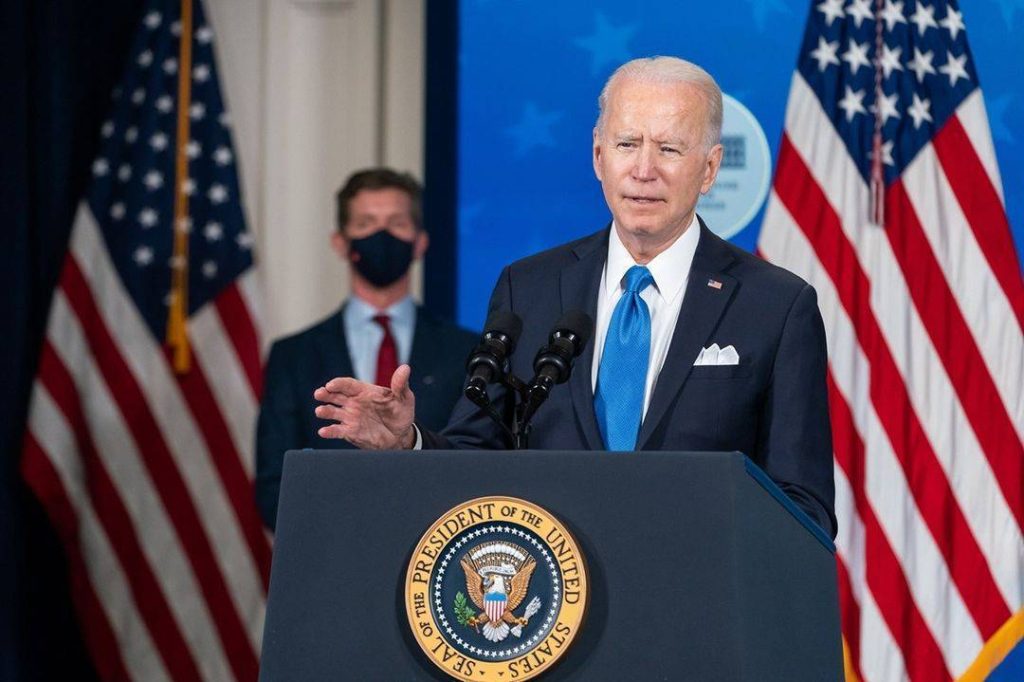
“If Russia decides to weaponize its supply of natural gas or crude oil, it wouldn’t be without consequences to the Russian economy,” the US official told reporters.
Although the European Union sources about 40 percent of its supply from Russia, Moscow also relies heavily on sales of energy, meaning “it’s an interdependency,” the official said.
Negotiating attempts
Negotiations this month have failed to ease tensions, though Washington and Moscow have agreed to keep talking.
In addition to the Macron-Putin talks, the French government said Russian and Ukrainian officials would meet, along with French and German counterparts, in Paris next week.
Washington has promised written answers to Moscow’s demands this week, while already making clear that it rejects giving Russia a veto on Ukraine joining NATO.
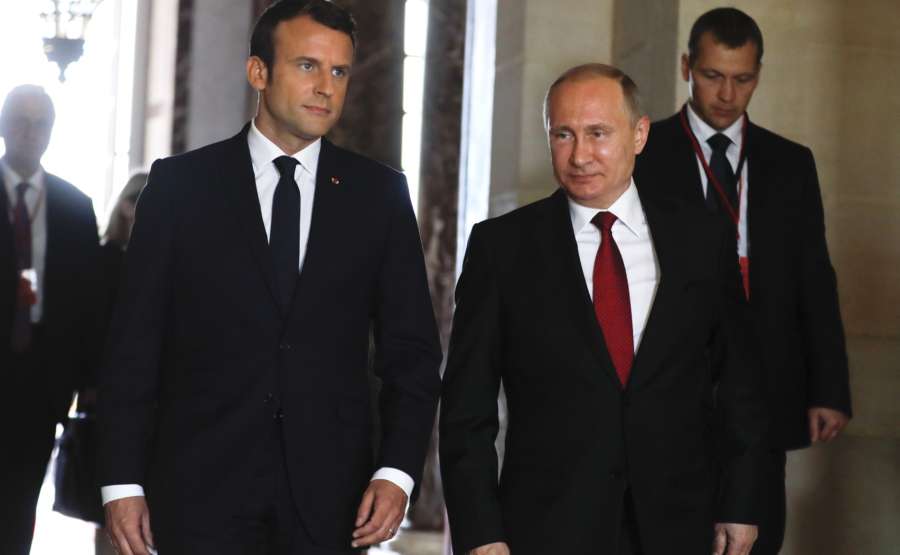
But the crisis has laid bare divisions in the West.
The new government in Germany has faced criticism from Kyiv over its refusal to send defensive weapons to Ukraine, as well as hesitating over one of the harshest economic sanctions under discussion — cutting Moscow from the global SWIFT payments system.
Ukraine’s military is heavily outgunned by Russia, and Biden repeated that he has “no intention of putting American forces or NATO forces in Ukraine.”
However, the United States has stepped up deliveries of weapons.
At a ceremony for the latest shipment arriving in Kyiv, US charge d’affaires Kristina Kvien said “our preference is diplomacy.”
But in case of attack by Russia, “the Kremlin will face fierce resistance, the losses to Russia will be heavy.”
ALSO READ-US greets India on Republic Day

